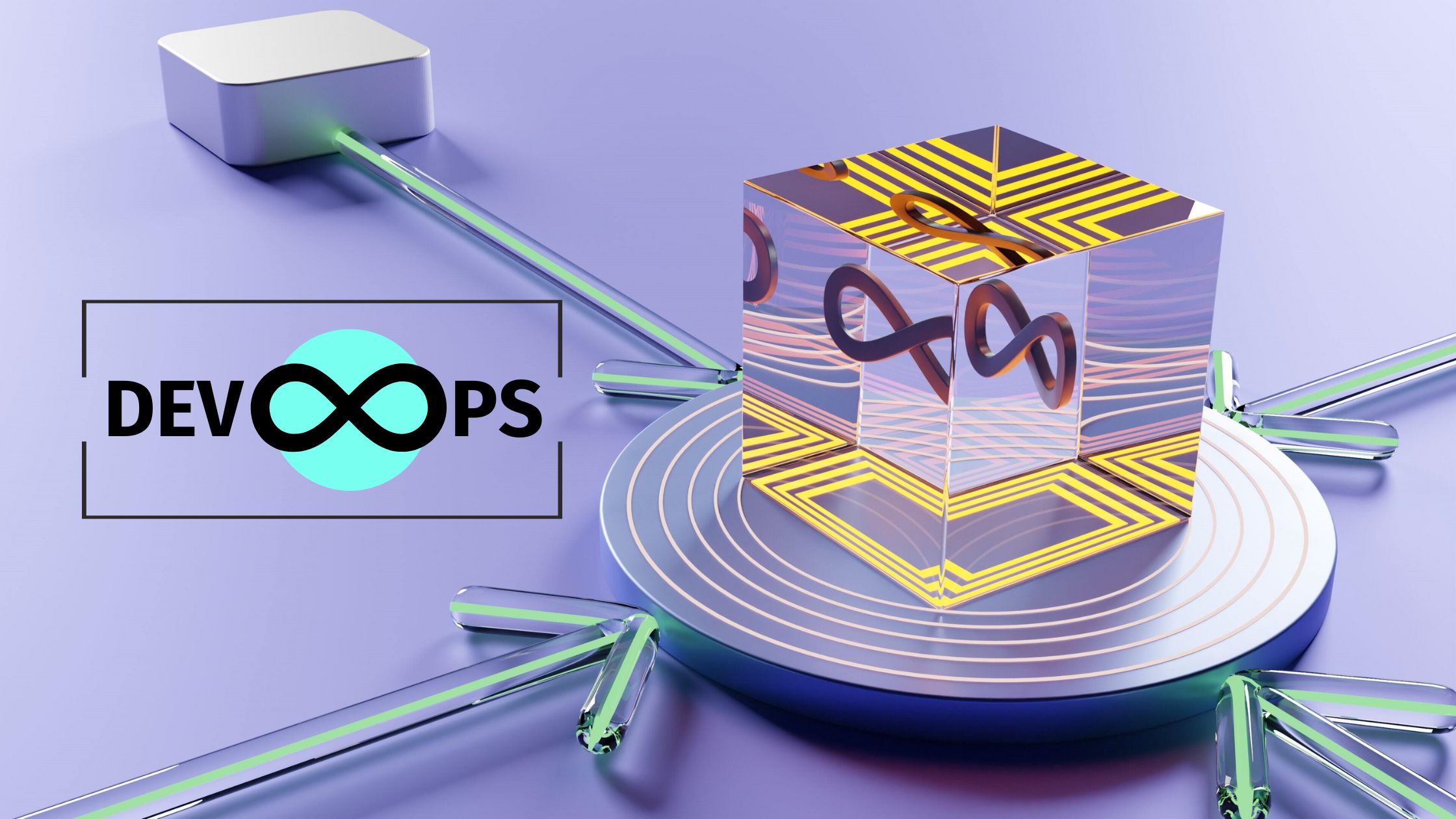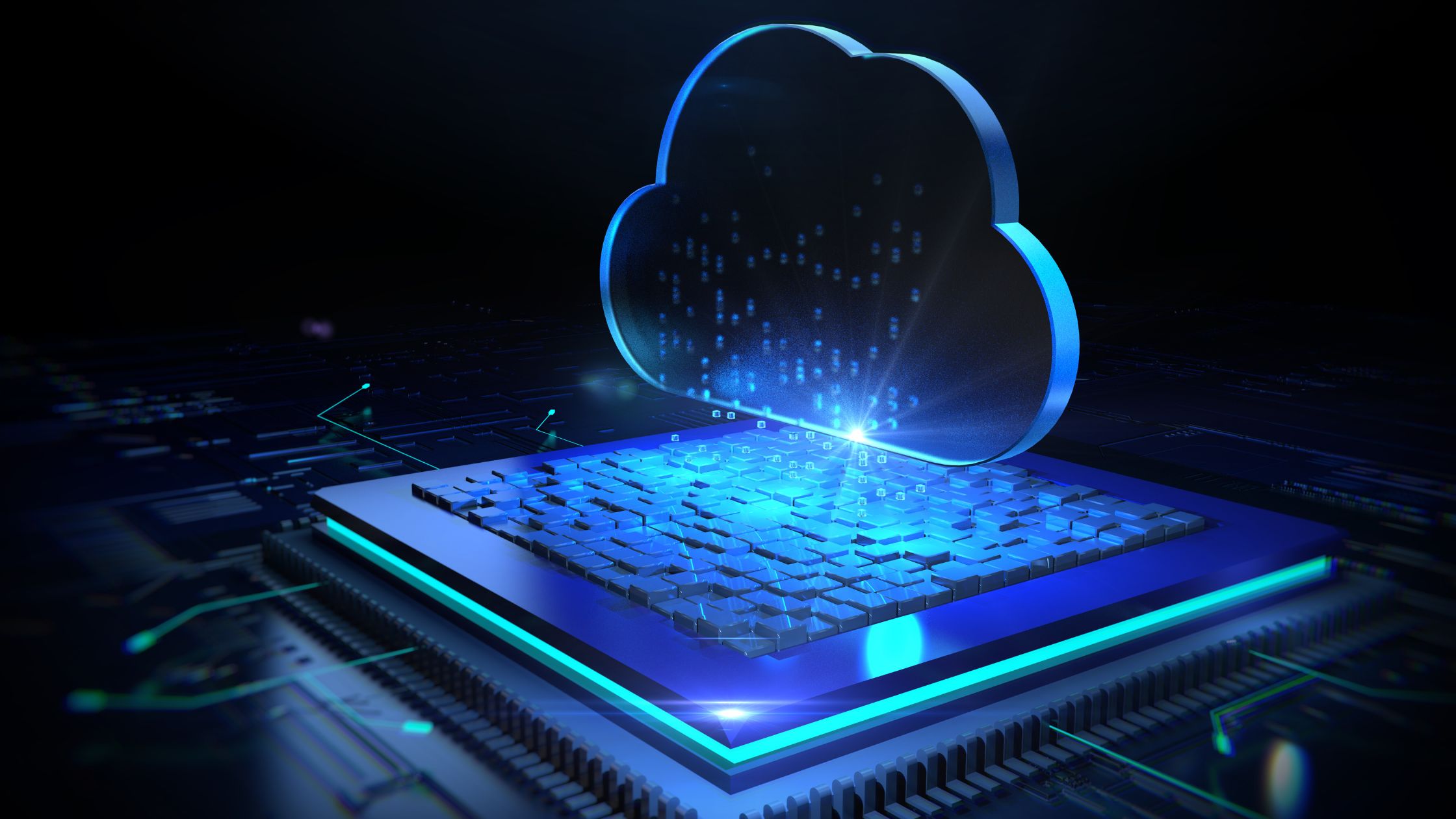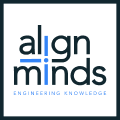MODIFIED ON: July 19, 2024 / ALIGNMINDS TECHNOLOGIES / 0 COMMENTS

Research suggests that the global DevOps market is expected to reach USD 51.18 billion by 2030 growing at a CAGR of 24.7%. DevOps has been gaining a lot of importance among new-age enterprises and tech leaders. In this blog, we shall cover some of the top DevOps trends in 2023. But first, let’s understand what exactly DevOps means. Read on.
What is DevOps?
DevOps is defined as a set of tools, practices, and cultural philosophy that tend to automate and integrate different software development practices. The development and operations teams are not siloed under a DevOps model. It helps you innovate better and optimize business productivity.
Gartner defines DevOps in the following way:
“DevOps represents a change in the IT culture, focusing on rapid IT service delivery through the adoption of agile, lean practices in the context of a system oriented approach.”
Latest trends in DevOps
Serverless computing
It is certain that the DevOps market will witness a rise in the usage of serverless computing. Now, serverless architecture is the method of offering backend services on an as-used basis. It enables flexible use of resources that can be scaled in real-time.

Some of the leading cloud service providers including Google, Microsoft , and others offer serverless architecture to users
With serverless computing, businesses can streamline all DevOps operations – right from software development to deployment. Simply put, serverless computing brings Dev and Ops teams together.
DevSecOps
Research suggests that the DevSecOps market is predicted to reach USD 23.16 billion by 2029 at a CAGR of 31.50%.
DevSecOps is the short form for development, security, and operations. It tends to automate security operations at every phase of the software development cycle. It prevents the DevOps workflow from slowing down by automating security gates. In a nutshell, DevSecOps is all about in-built security. Leveraging DevSecOps in DevOps enables developers to protect their code from cyber attacks. With DevSecOps tools, developers can easily identify security vulnerabilities and code issues right in the CI/CD pipeline.
GitOps
GitOps is a code-based infrastructure and is a combination of two powerful technologies – Git and Kubernetes. It helps you solve challenges like server outages, failed deployments, and much more.
Simply put, GitOps is a software development framework. It tends to manage IT infrastructure by utilising Git as a single source of truth. With GitOps, deployments happen within the source code.
One of the best benefits of leveraging GitOps is that it facilitates faster and reliable collaboration between developers and various other stakeholders.
Kubernetes
Kubernetes is also known as K8s. It is an open source system which automates the deployment and management of containerised applications. One of the striking benefits of Kubernetes is that it offers you the platform to schedule and run containers on clusters of physical/virtual machines. It enables you to develop your entire infrastructure as code.
With Kubernetes’ rolling updates and automated rollback features, developers can easily deploy updates to their cloud-based apps. Thanks to its role-based access controls, Kubernetes facilitates better collaboration.
Microservices architecture
Microservices architecture has become one of the most emerging trends in DevOps. It helps businesses break down applications into smaller services. When you leverage microservices along with DevOps capabilities, you can easily replace the traditional monolithic architecture.
Microservices can fix a bug issue without affecting the SDLC of other services. When a microservice faces an error, it never affects the entire application. This is because software development is divided into independent teams. Leveraging DevOps and microservices architecture together can help make your business more productive and agile.
Artificial intelligence and machine learning
AI and ML are fast-evolving concepts in the DevOps industry. New age machine learning systems can streamline data generated from various sources and organize it effectively. AI enables smarter software testing.
Now, DevOps involves various testing types and all of them produce huge amounts of data. With AI, you can easily identify data patterns and coding methods that led to the error. AI helps developers make intelligent decisions based on real-time data.
Wrapping Up
We hope our article helped you understand the latest trends in the DevOps market. However, one thing that you need to understand is that DevOps transformation is a never ending process. Every trend will help enhance your business ability to develop, launch, and handle high-quality software. So, delay no more! Implement the latest trends available in the DevOps market and take your step towards improved business agility.
At AlignMinds, we can assist you in effective DevOps adoption. We evaluate your infrastructure and design possible mitigation strategies. We empower developers with automation and enable them to synchronize their work.
Sounds good? Connect today.
-
Recent Posts
- 2024 Tech Trends: Gen AI and App Development Insights
- Generative AI Trends Shaping Mobile & Web Apps in 2025
- Strategic Investment in Scalable Web Applications for 2025
- App Development Challenges 2025 and AlignMinds Solutions
- AI for Personalized Mobile App Success in 2025
-
Categories
- MVP Development (5)
- AlignMinds (55)
- Operating Systems (1)
- Android POS (3)
- Application Hosting (1)
- Artificial Intelligence (43)
- Big Data (2)
- Blockchain (1)
- Cloud Application Development (7)
- Software Development (35)
- Software Testing (9)
- Strategy & User Experience Design (4)
- Web Application Development (27)
- Cyber Security (6)
- Outsourcing (7)
- Programming Languages (3)
- DevOps (5)
- Software Designing (6)
- How to Code (4)
- Internet of Things (1)
- Machine Learning (2)
- Mobile App Marketing (5)
- Mobile Application Development (23)
- Mobile Applications (8)







